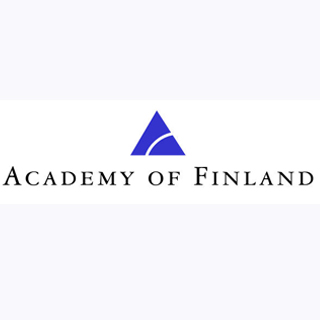
A series of experiments conducted as part of the Academy of Finland’s Neuroscience Research Programme (NEURO) have discovered that the brain uses the same neural networks in order to process both familiar and newly learnt words.
The novel research evidence rising about how the brain processes language and its different levels appear to have a significant application among other things in the development of language teaching.
In one of the experiments conducted by researchers in the NEURO programme, participants were noted to have learnt the name and/or purpose of 150 ancient tools.
Apparently, they had never heard these words before. The subjects’ brain functions seem to have been measured during the naming of the tools, both before and after the learning period by means of magnetoencelography.
The findings revealed that the brain seems to make use of the same neural networks in order to process both familiar and newly learned words. The names of objects were observed to have been processed in the left temporal and frontal lobe within half a second after showing the image of the tool to the subject.
“If the subject had only recently learned the name of the tool, the naming process induced an activation that was just as strong as or stronger than the activation induced by the image of a familiar object,†says Academy Professor Riitta Salmelin, HUT Low Temperature Laboratory.
Salmelin was of the opinion that the knowledge of the meaning of ancient tools did not seem to cause equivalent clear differences inside the function of the brain. In plain English, it appears that the processing of meanings inside the brain seems to differ significantly from the processing of names. On the other hand, the performance results indicated that latest definitions could perhaps be learnt quickly in contrast to new names.
Presently, this research team is believed to be working on a follow-up study in order to explore the retention of learned words.
“We are also conducting a separate series of experiments to find out how our brain learns phonetic structures and, on the other hand, how the brain learns to identify letter combinations that are typical of a certain language,†elucidates Salmelin.
In addition, researchers are believed to be examining the role of grammar in language learning. Supposedly, here the focus is to explore how the brain learns to use the vocabulary and grammatical structure of an experimental miniature language.
The findings of the research have been published in Human Brain Mapp.
